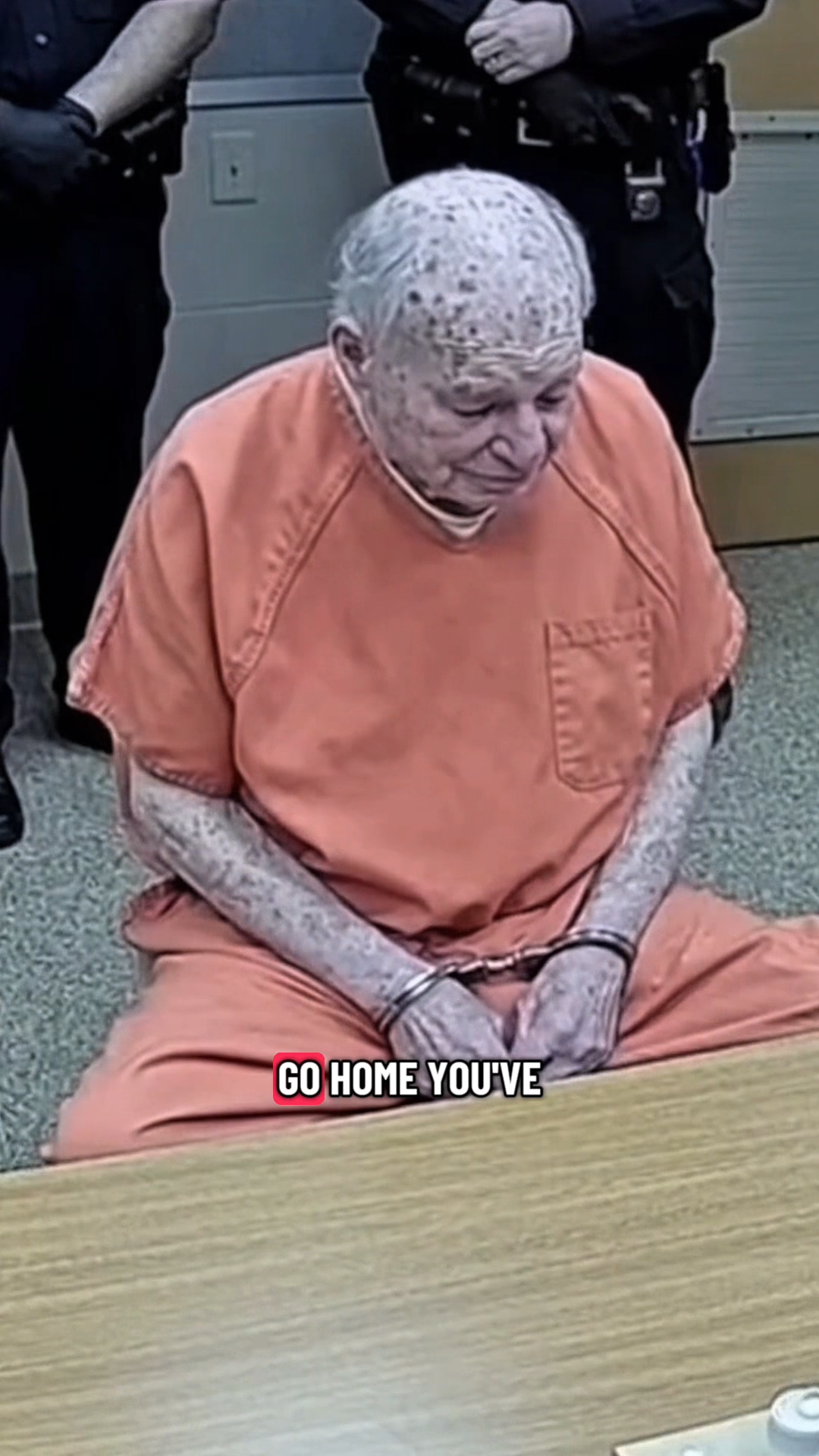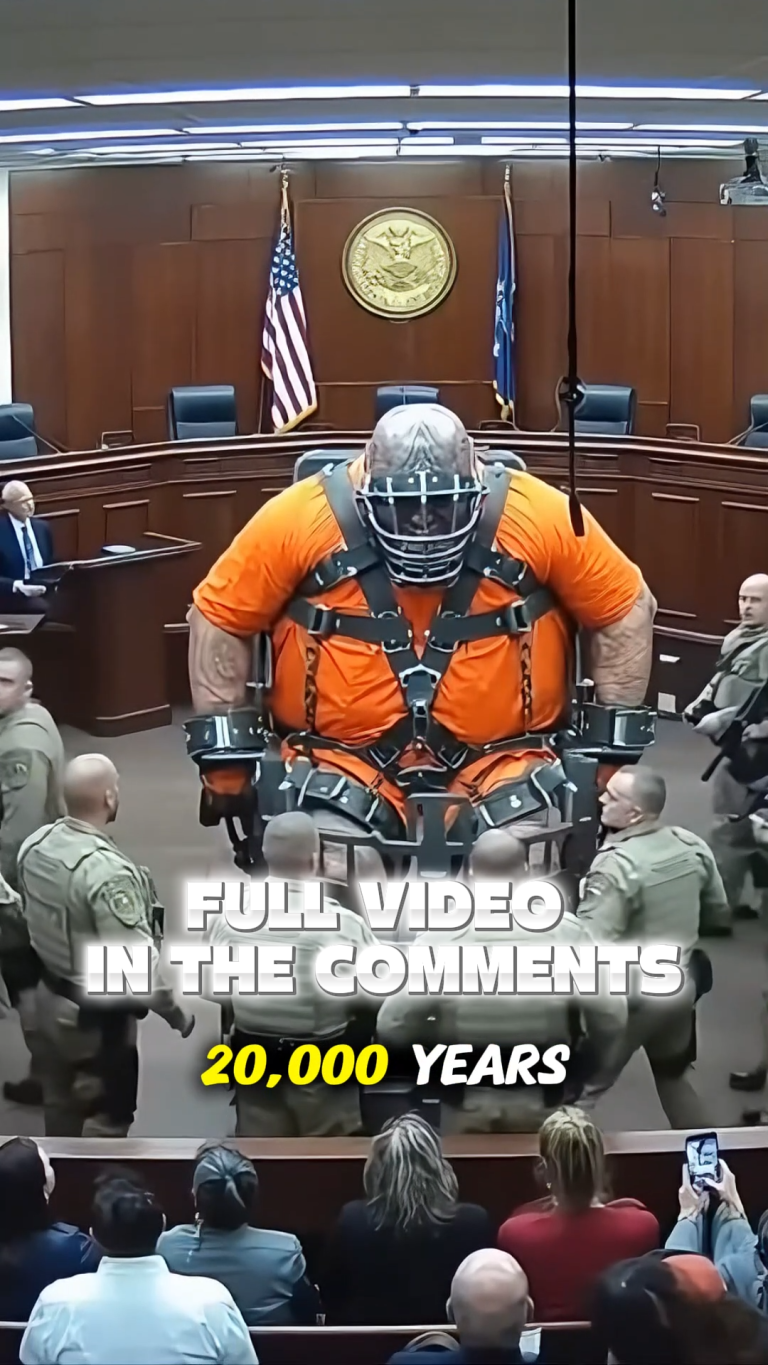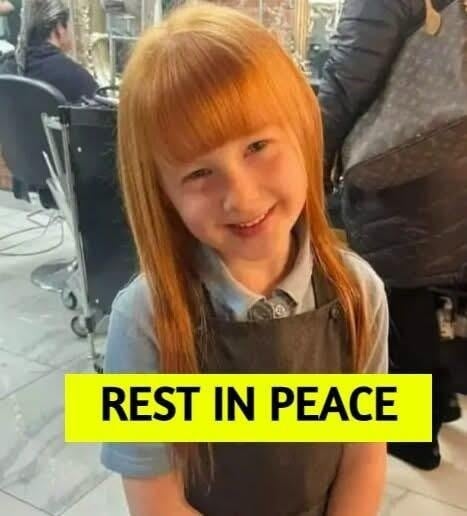
After spending more years behind bars than he ever did on the outside, 74-year-old Harold Bennett walked out of Blackridge Correctional Facility this week to a world he barely recognises—one filled with smartphones, self-checkout machines, and absolutely zero people waiting for him at the gates.
Harold, who went in when VHS tapes were still cutting-edge tech, stepped into the sunlight looking dazed, furious, and heartbreakingly lost.
“I don’t know what any of this is,” he muttered, staring at a bus timetable like it was written in ancient hieroglyphs. “Last time I rode a bus, you just gave the driver some coins. Now it wants… an app? What’s an app?”
A World That Moved On Without Him
When Harold was sentenced, the internet was barely a rumour. Now, it’s everywhere—and he hates it.
Within an hour of his release, he was genuinely baffled by:
- A teenager pointing a phone at him for a TikTok
- A café asking him for “contactless payment”
- A drone flying overhead (“Is that a robot bird?”)
And the thing that pushed him over the edge? A supermarket self-checkout machine repeatedly telling him to “place item in the bagging area.”
He shouted back.
People stared.
Honestly, relatable.
No One Waiting, Nowhere To Go
Harold’s friends? Gone.
Family? Moved on or passed on.
The life he once had? Completely erased.
“I thought maybe someone would come,” he said quietly, looking at the empty car park. “A friend. A cousin. Someone. But they’re all gone. I’m the only one left.”
For a moment, he stood there—one man, one overstuffed prison issue duffel bag, and a world that forgot him.
The Rage Beneath the Surface
Despite the confusion, the loneliness, and the sensory overload of modern life, one thing about Harold was crystal clear: he was angry.
Not the loud, explosive kind of angry. The slow, exhausted, simmering kind that comes from losing decades you can never get back.
“You tell yourself you’ll get out and start over,” he said. “But start over with what? At my age? In this world? I don’t belong here.”
A Future Uncertain
Local volunteers are trying to help him learn the basics—how to use a phone, how to navigate the city, how to, in his words, “not look like a confused ghost in public.”
But even with support, Harold’s future is murky. Society doesn’t exactly have a blueprint for reintegrating someone who feels like they stepped out of a time machine and into a nightmare.
Still, as he boarded his first bus in nearly four decades—after three failed attempts and one argument with the card reader—he paused and said:
“I guess I’ve got no choice but to try. Everyone else had a head start. Suppose I start from zero.”
One shaky step at a time, he did.






